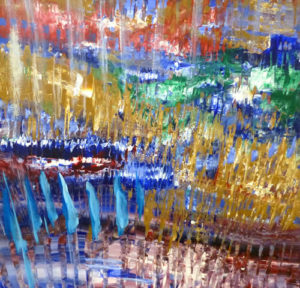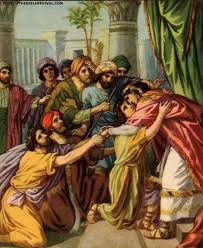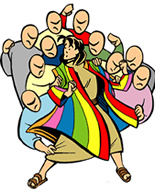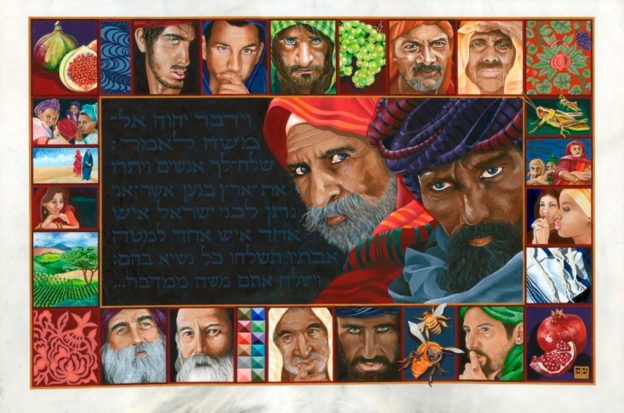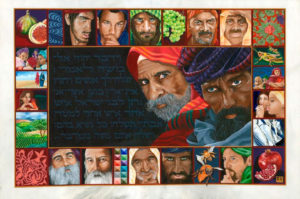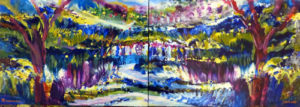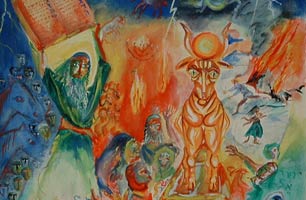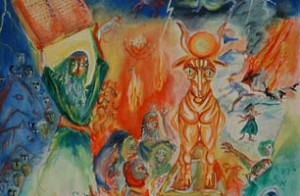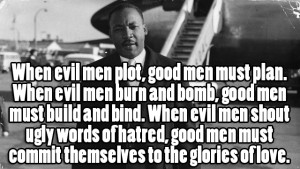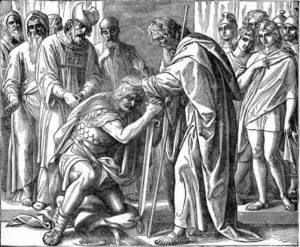 Your loved ones are your legacy. That is an important message I learned from last week’s Torah Portion Pinchas. We must consciously remember those closest to us, especially even when our work, our mission, or our very essence might have us focus on everyone else.
Your loved ones are your legacy. That is an important message I learned from last week’s Torah Portion Pinchas. We must consciously remember those closest to us, especially even when our work, our mission, or our very essence might have us focus on everyone else.
Pinchas’ legacy is established in the aftermath of his zealotry. The legacy of Zelophehad is also set; his daughters ensuring their father’s name is not lost and they can be rightful inheritors of his property. Moses passes the mantle of leadership to Joshua as part of his legacy. However, two people are glaringly missing: Gershom and Eliezer, the two children of Moses. What happened to them?
We can only imagine the ambivalence of these two sons watching their father in all his greatness. They see him lead with the most profound wisdom and love for both his people and God, yet he loses sight of his own children. It is a sad state of affairs for these two children to be ignored. The text screams out in its complete silence; for there is no mention of them at all. It is a modern-day message to all of us.
How often do we neglect our own? For many of us in the “caring” professions, the demanding hours prioritize others over family. For those of us in the clergy, the RKs (Rabbi’s Kids) often complain they are neglected because their parent is so busy actively involved in the lives of the congregants they serve. And those of us dedicated to building a career, we find long hours away from our children the price we pay for success.
For us to leave a truly worthy legacy, even the greatest among us need to make time for those closest to us. We all have shortcomings and with the benefit of hindsight, we all know where we could have done better. But more importantly, we need to know in our hearts that we do the very best we can and what we do is for the benefit of our family. For if we do that, then our children will know that they were loved. And that is the most beautiful blessing and legacy of all.


